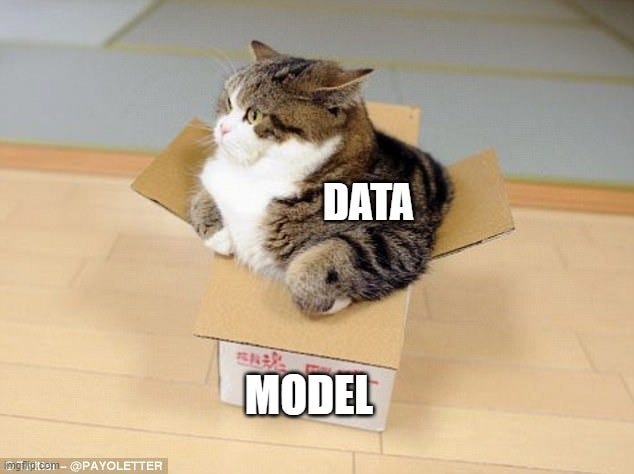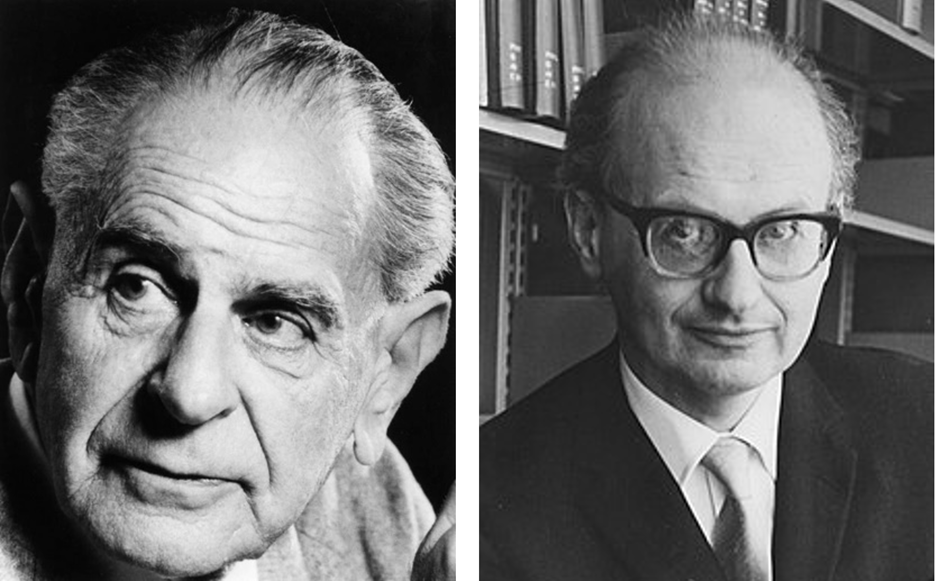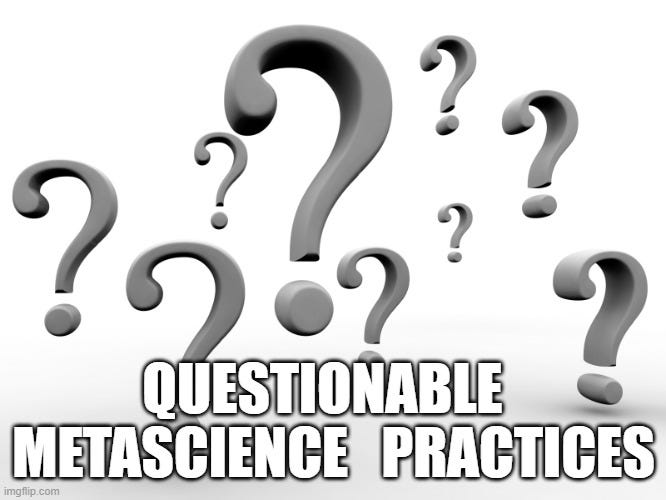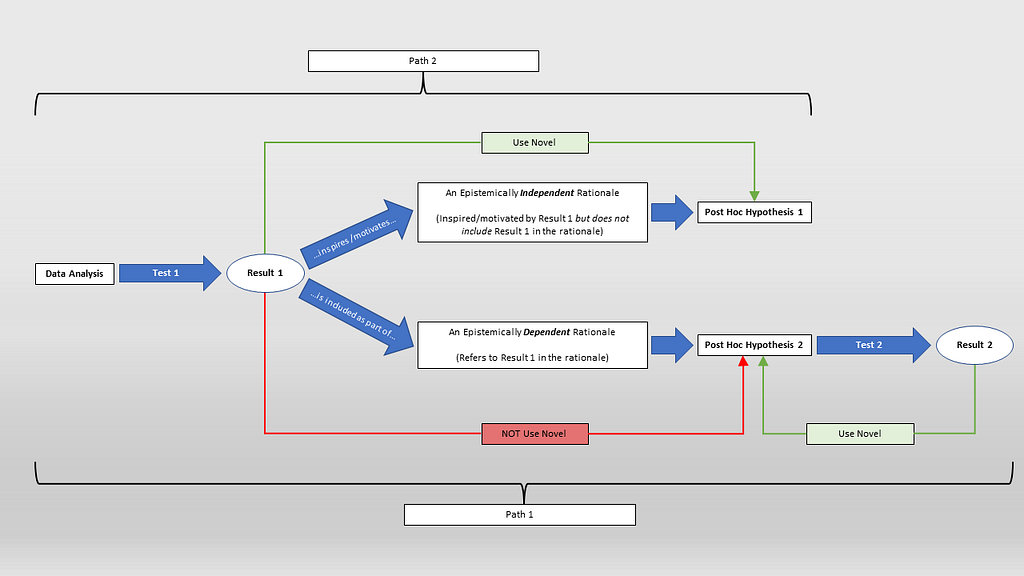
An often overlooked source of the “replication crisis” is the tendency to treat the replication study as a definitive verdict while ignoring the statistical uncertainty inherent in both the original and replication studies. This simplistic view fosters misleading dichotomies and erodes public trust in science.






